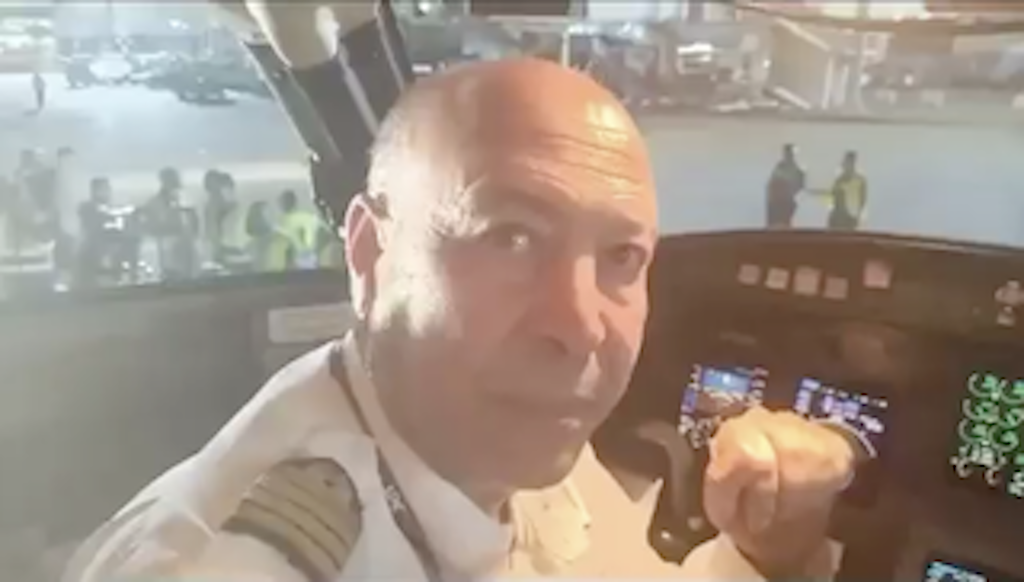Introduction
Alright, let’s set the scene. Imagine you’re on your way to a critical event—everything’s planned, and you’re right on track. Then, suddenly, someone says, “Hey, change of plans! We’re heading somewhere else!” That’s pretty much what happened to the Nigerian national football team, the Super Eagles, on their way to Libya for a crucial match.
What was supposed to be a straightforward trip to Benghazi turned into a 16-hour ordeal when their flight was diverted to a small, remote airport, leaving players and staff scratching their heads. So, what led to this sudden change, and why does it matter? Let’s break it down.
Background: The Planned Journey
The Super Eagles were set to fly directly to Benghazi, Libya, to face the Libyan national team in a 2025 Africa Cup of Nations qualifier. With the stakes high and the tournament on the line, this wasn’t just another friendly match—it was a big deal. But as they were nearing their destination, things took an unexpected turn.
The flight, approved by the Libyan Civil Aviation Authority, had everything sorted out. Permissions? Check. Route? Check. Team’s morale? Double-check. But then, just as they were beginning to descend, the pilots received orders that changed everything.
The Unexpected Diversion
So, here’s where things get interesting. Mid-air, with Benghazi almost in sight, the pilot got a directive to divert the flight to Al-Abraq, a much smaller airport about 150 miles (300 kilometers) away from their intended destination. Now, if you’re wondering, “Why the sudden change?” you’re not alone—everyone on that plane was thinking the same thing.
Al-Abraq isn’t your usual bustling international airport; it’s more of a modest setup, often used for specific occasions like hajj operations. No one expected to land there, especially not the Super Eagles en route to a major qualifier. As a result, the team was left stranded at this remote location for over 16 hours, dealing with the fallout of a decision that was completely out of their hands.
The Pilot’s Account: What Went Wrong?
Now, let’s hear it from the guy who was quite literally in the driver’s seat—the Tunisian pilot flying the team. In a video interview, he laid it all out, emphasizing that this diversion wasn’t his call.
“The flight plan was to land at Benghazi, Benina, and we had the approval from the Libyan Civil Aviation Authority to do so,” he explained.
According to the pilot, everything was going smoothly until they were approaching Benghazi. That’s when the Libyan authorities ordered them to change course and land at Al-Abraq. The pilot was understandably concerned and raised questions—a lot of them. But the answers he got? Not very reassuring.
They were told the directive came from the “highest authority” in Libya, meaning there was no room for debate. Despite repeatedly pointing out the risks, including fuel limitations, the pilot was forced to comply.
Safety Concerns Highlighted by the Pilot
Here’s the thing about flying—it’s not just about getting from point A to point B; it’s about planning every little detail, especially when it comes to safety. And the pilot had plenty of concerns about this sudden change in plans.
When a plane is in the air, fuel isn’t just something you can casually top up at a nearby gas station. The entire journey is mapped out, and fuel calculations are made based on the intended route. So, a last-minute diversion isn’t just inconvenient—it can be dangerous.
“In aviation, we have our flight plan, we calculate the fuel to our destination,” the pilot said. “We have to avoid this kind of thing because it may make a breach to safety.”
The pilot went on to explain that he repeatedly warned Libyan officials that changing the destination might lead to fuel problems. But the response was clear: “It’s from the highest authority, you have to land in Al-Abraq.”
Challenges of Landing at Al-Abraq
And if you thought the diversion was the worst part, wait until you hear about the actual landing. Al-Abraq is not equipped like Benghazi’s main airport. There’s no Instrument Landing System (ILS), no VHF Omnidirectional Range (VHR)—basically, all the tools that make landing safe and smooth weren’t there. Instead, the pilot had to make a visual landing, which isn’t exactly easy, especially at night and in poor weather conditions.
Landing at an under-equipped airport is a risky maneuver, and the pilot made it clear how dicey it was:
“There is no ILS, no air navigation approach, no VHR. We had to make a visual landing, which is particularly difficult by night with marginal weather,” he said.
Thankfully, the pilot’s experience (he had worked in the region for two years) played a key role in safely navigating the aircraft to the ground.
Response from the Nigerian Football Federation (NFF)
As you can imagine, the Nigerian Football Federation (NFF) wasn’t happy. After the ordeal, they decided to pull the Super Eagles out of the match against Libya. The team, having been through such a chaotic experience, resolved not to play, and NFF officials began making arrangements to bring the players back home.
In a statement, the NFF said, “Players have resolved not to play the match any longer, and NFF officials are making plans to fly the team back home.” This wasn’t just a sports decision—it was a matter of safety and principle.
The Broader Impact: What Does This Mean for International Sports?
So, what can we take away from all of this? For one, this incident highlights the risks associated with international travel for sports teams, especially in regions with complex political and security situations.
There’s still no clear reason why the “highest authority” in Libya ordered the diversion, leaving room for speculation. Was it a security issue? Political maneuvering? Whatever the reason, it raises serious concerns. Will other teams feel comfortable traveling to Libya for future matches? Maybe not.
FIFA, CAF, and international aviation bodies might need to step up and ensure safety protocols are ironclad, so teams aren’t left dealing with unexpected, and frankly dangerous, situations like this one.
Conclusion
To wrap it up, the Super Eagles’ diversion drama isn’t just about a missed match; it’s about trust, safety, and authority. The pilot did everything he could to ensure safety, but in the end, he was bound by orders. The NFF’s decision to withdraw was a bold move that sends a clear message: safety comes first, always.
Incidents like these remind us of the complexities that lie behind the scenes in international sports. So next time you’re watching a match, just remember—there’s a lot more going on than meets the eye. And for the Super Eagles, here’s hoping their next journey is a smoother, safer ride.
By addressing this incident, we see how important clear communication, safety protocols, and contingency planning are—not just in aviation but in every field. Let’s hope the Super Eagles can fly high again, minus the drama! 🏆✈




